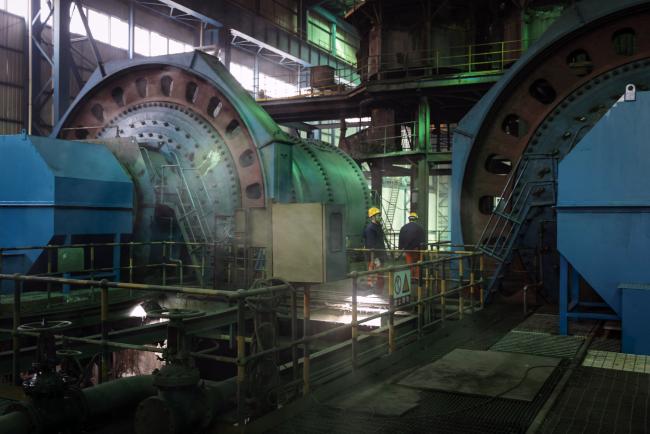(Bloomberg) -- The first official gauge of China’s manufacturing sector in February showed activity contracting further, with a series of domestic holidays, the global slowdown and uncertainty from the trade war all likely playing a part.
- The manufacturing purchasing managers index fell further below the 50 mark that signifies contraction, dropping to 49.2. New orders improved, while export orders declined further.
Key Insights
- The non-manufacturing PMI, which reflects activity in the construction and services sectors, also fell, to 54.3 compared with 54.7 in January.
- While U.S. President Donald Trump postponed higher tariffs on Chinese goods earlier this month, few details of a possible deal have been released, and the future of trading relations between the world’s two largest economies is still uncertain.
- “I think we still want to wait for the next month’s reading as this month’s is distorted by the holiday,” said Zhou Hao, a senior emerging markets economist at Commerzbank AG (DE:CBKG). “Also the economy could stabilize this month. Rising input prices suggest that there is no need to worry about deflation, so the question now rests on whether the economy has enough impetus."
- “Domestic demand expanded, and inventories of finished goods declined, with prices improving,” Wen Tao, an analyst at China Logistics Information Center which helped NBS compile the survey, wrote in a statement on its website. “Big enterprises stabilized and improved. Market expectation is relatively good. There are some positive signals popping up.”
Get More
- New export orders slumped to 45.2 from 46.9 in the previous month, signaling continued weak demand from the global economy.
- Small enterprises are still faring worse than bigger firms, with their reading falling to 45.3 from 47.3.
- Expectations improved, amid a commodity and equity rally on the back of better trade news and continued government stimulus.
(Updates with analyst quotes.)
